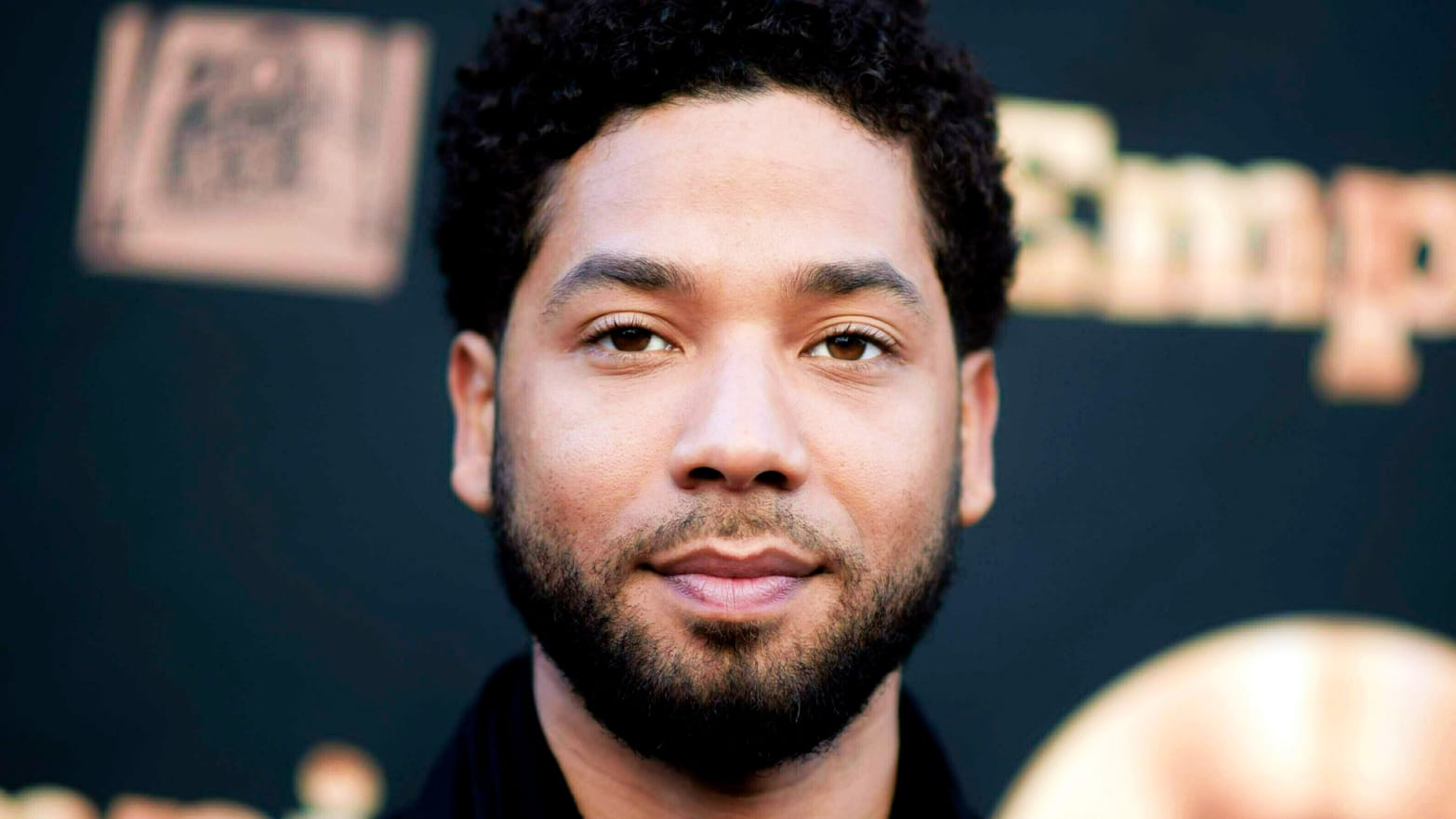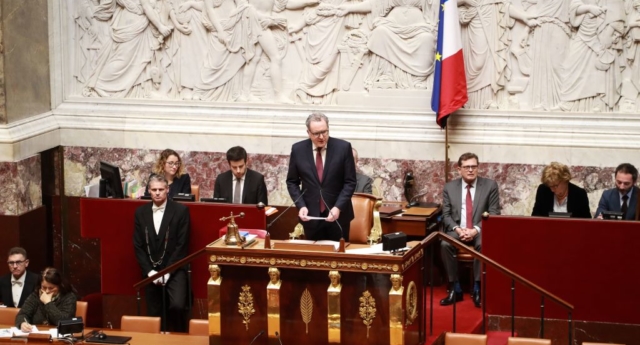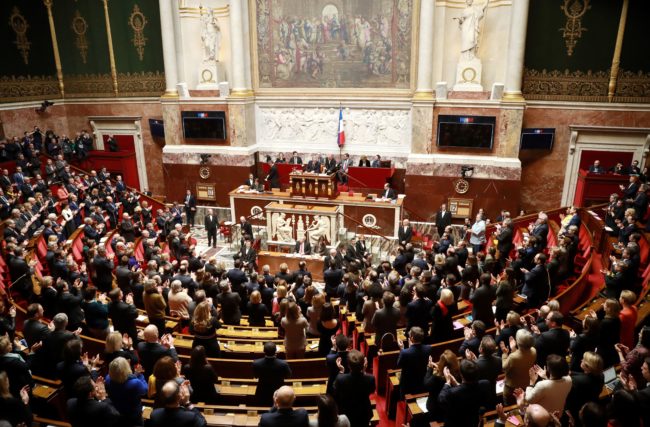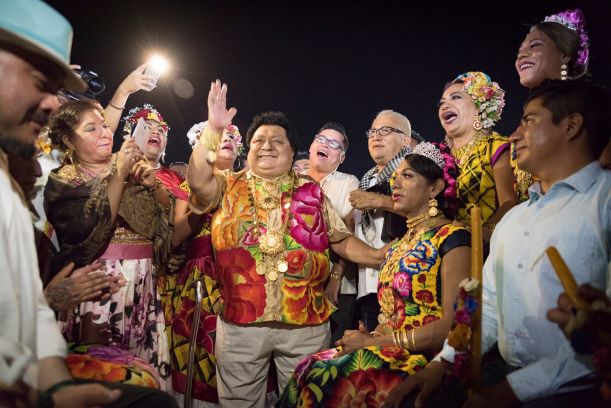Gov. Gavin Newsom Appoints California’s Highest-Ranking Trans Official

JP Petrucione will be the governor’s director of digital media, one of several LGBTQ appointees named by Newsom.
California Gov. Gavin Newsom has appointed JP Petrucione as director of digital media in the governor’s office, making Petrucione the highest-ranking transgender appointee in the state’s history.
Petrucione, 45, was previously global digital director for public policy at Airbnb for two years, according to a Thursday press release from the governor’s office. Before that he cofounded and was managing partner at Social Stream Media and worked as a consultant at Storefront Political Media in San Francisco. When Newsom was mayor of San Francisco, Petrucione was his deputy communications director from 2004 to 2007. He was also director of scheduling in Newsom’s mayoral campaign in 2003. A native of San Francisco, he spent the past eight years in Portland, Ore., but now has relocated to Sacramento.
Equality California, the statewide LGBTQ rights group, issued a statement praising Petrucione’s appointment. “Equality California congratulates JP on this exciting appointment,” said executive director Rick Zbur. “The governor and the people of California will be well-served by his talents and the perspective he brings to work each day as an openly transgender man.
“Throughout history, LGBTQ people — and transgender people in particular — have been denied a seat at the table simply because of who were are whom we love. But in just one month, Governor Newsom has demonstrated the strength of his commitment to build an inclusive, people-powered administration that reflects the diversity of our great state.”
Newsom has appointed several other LGBTQ people to prominent positions, notes Equality California. They include Ana J. Matosantos as cabinet secretary, Daniel Zingale as director of strategic communications and public engagement, Nathan Click as director of public affairs, Kris Perry (one of the plaintiffs in the successful court challenge to the anti-marriage equality Proposition 8) as deputy secretary for early childhood development and senior adviser to the governor, and Jesse Melgar as deputy director of public affairs. Melgar previously served as communications director for Equality California.
During Newsom’s transition period, he named three LGBTQ leaders to a panel of ambassadors advising the governor on policy, strategy and personnel: Long Beach Mayor Robert Garcia, former California Sen. Christine Kehoe, and labor leader Laphonza Butler. Newsom, previously lieutenant governor, was sworn in as governor last month, succeeding fellow Democrat Jerry Brown, who did not run again due to term limits.






